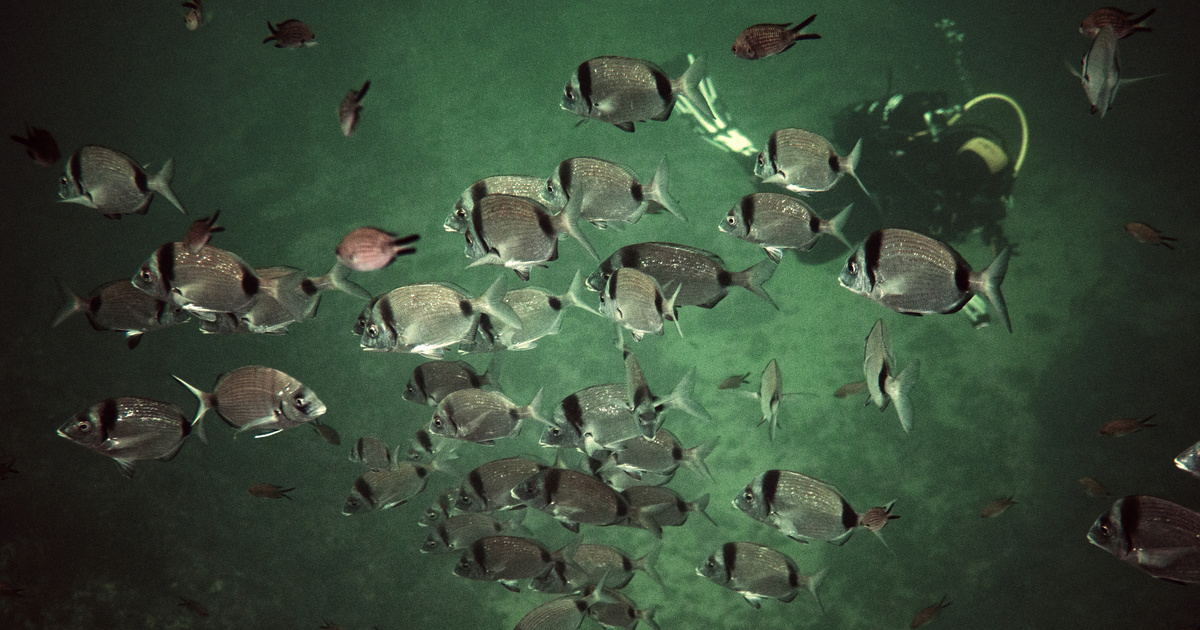Fish, crustaceans and mollusks are changing their habitats, migrating an average of 55 meters into the Mediterranean Sea.
While the entire planet has warmed in recent decades, this process is especially noticeable in the Mediterranean.
In thirty years, the average water temperature has risen by one degree Celsius, and this is accelerating
The researchers wrote in their study published in the journal Global Ecology and Biogeography.
The Mediterranean water temperature range is very cold in the northwest and very warm in the southeast. This makes the region an ideal ground for studying how species are adapting to global warming, the university said in a statement from Professor Jonathan Pilmaker.
Data collected by researchers on 236 marine species revealed that species are moving deeper and deeper from west to east in the Mediterranean as the waters warm. Species that live in cold waters migrate much deeper than those that live in warm waters, and those that can live in a wider temperature range migrate even deeper than those that live in a narrow temperature range.
Our research clearly showed that species respond to climate change by changing their depth distribution
Said Shaher Shikin, one of the study’s authors. he added:
Looking ahead, policy makers need to prepare for deeper species migration. For example, future marine reserves should be designed with this in mind. When fishing, be prepared for the fact that the same fish can be caught at greater depths, which means having to sail far to the sea, which requires burning more fuel.
Even if the fish migrated deeper to escape from the warm waters – rapid adaptation helps them – there is a limit, and this is the sea floor. We are already seeing this in the case of deep-sea fish, such as cod, whose numbers are declining, possibly because they can no longer go deeper,” Professor Belmaker added.
(Cover photo: A diver swims between two rings of bream off the southeast coast of France on November 10, 2019. Photo: Boris Hotvat/AFP)












































